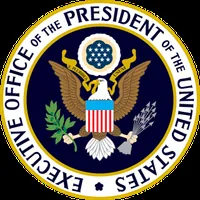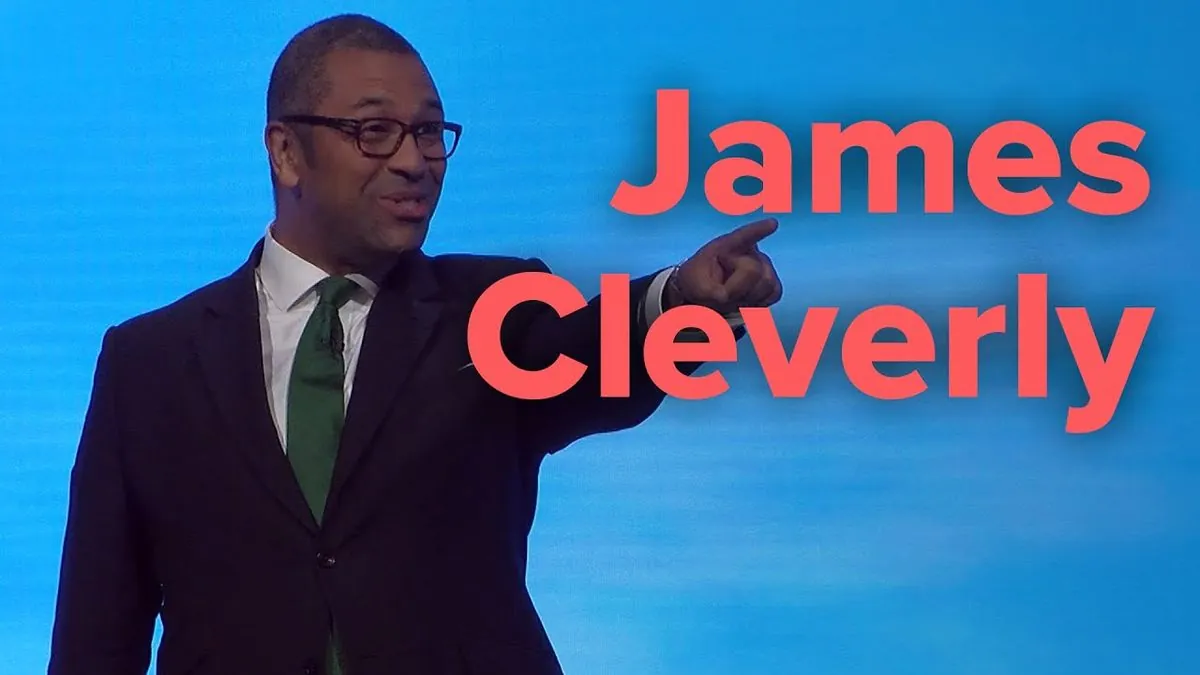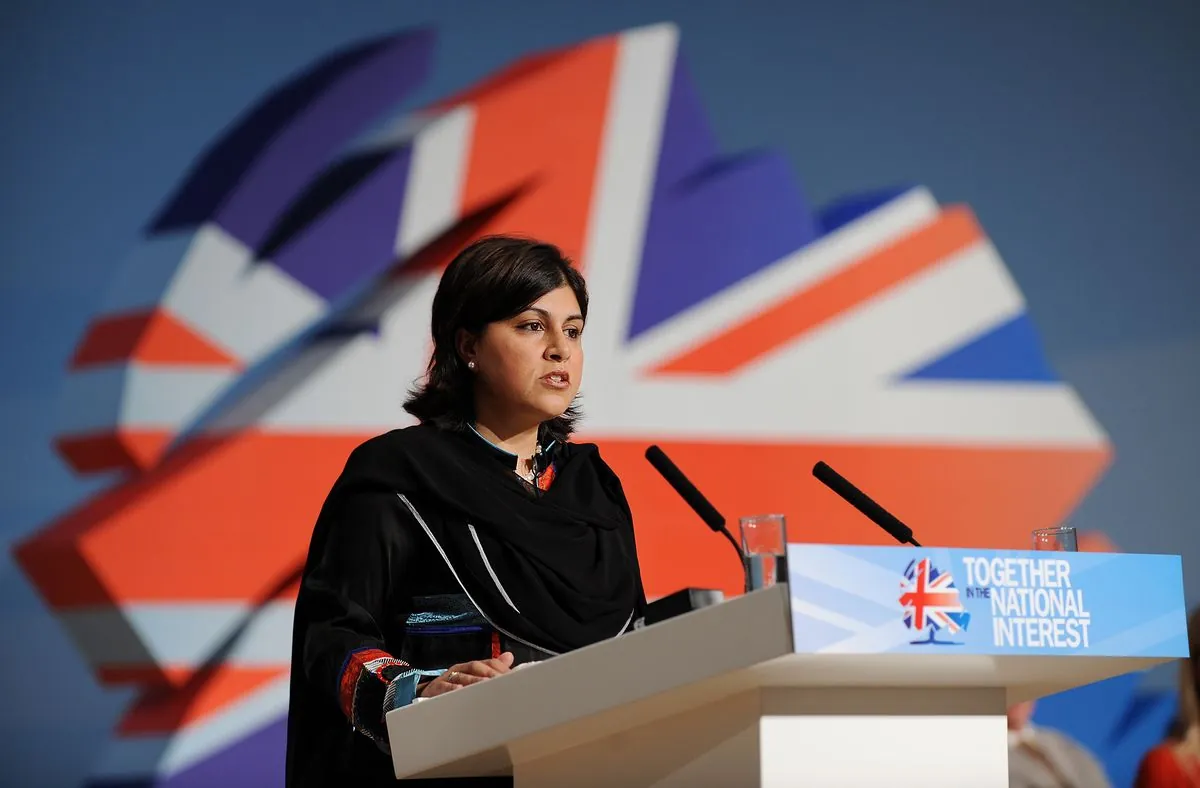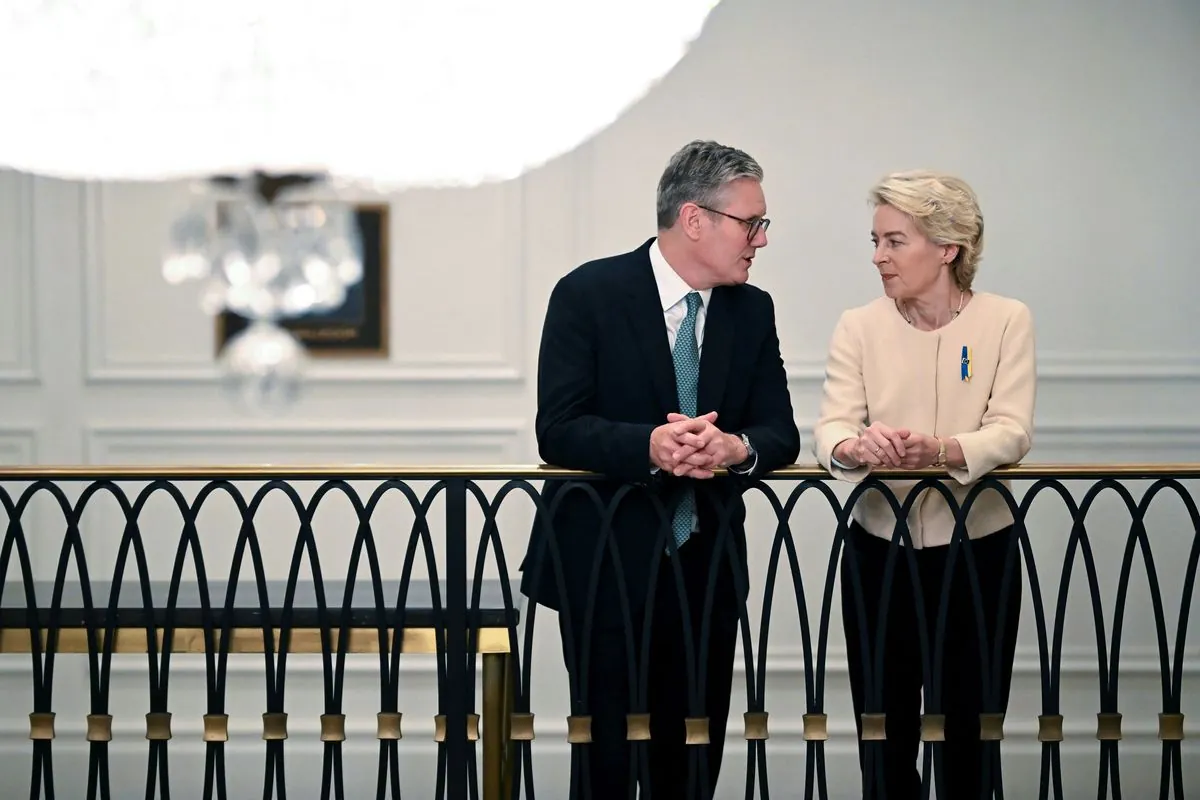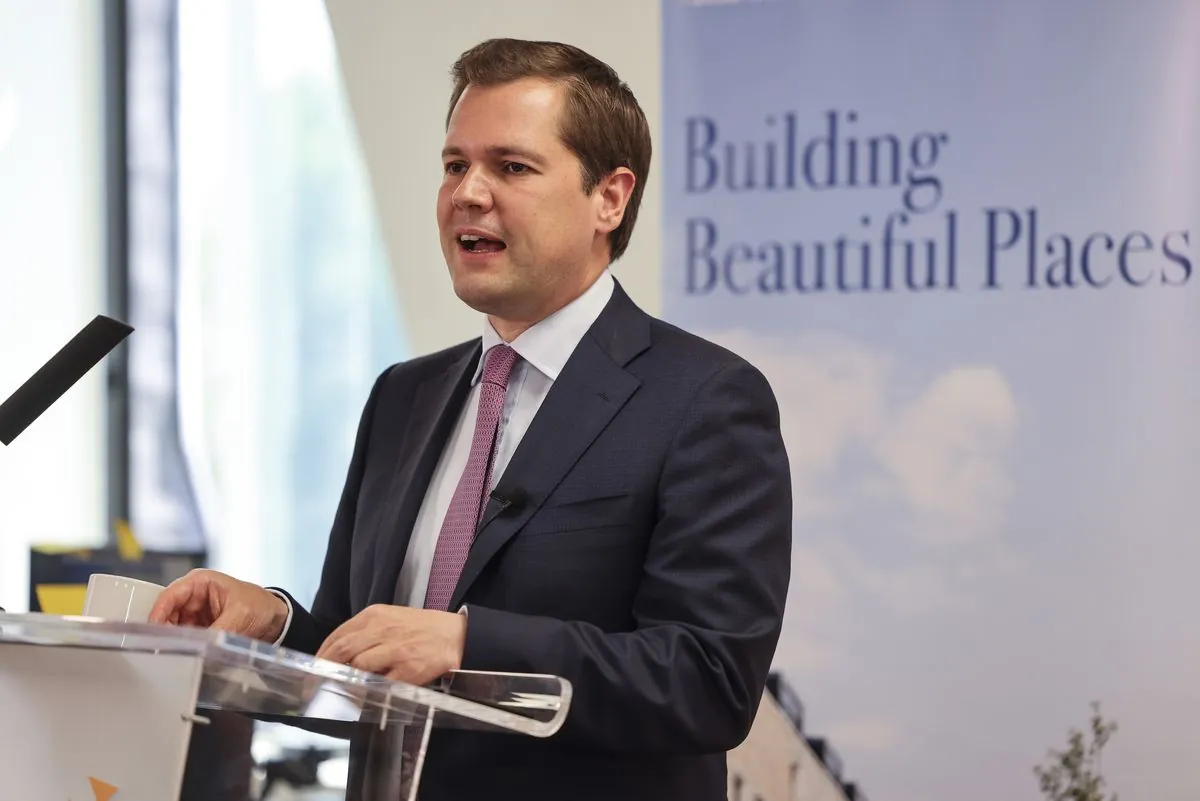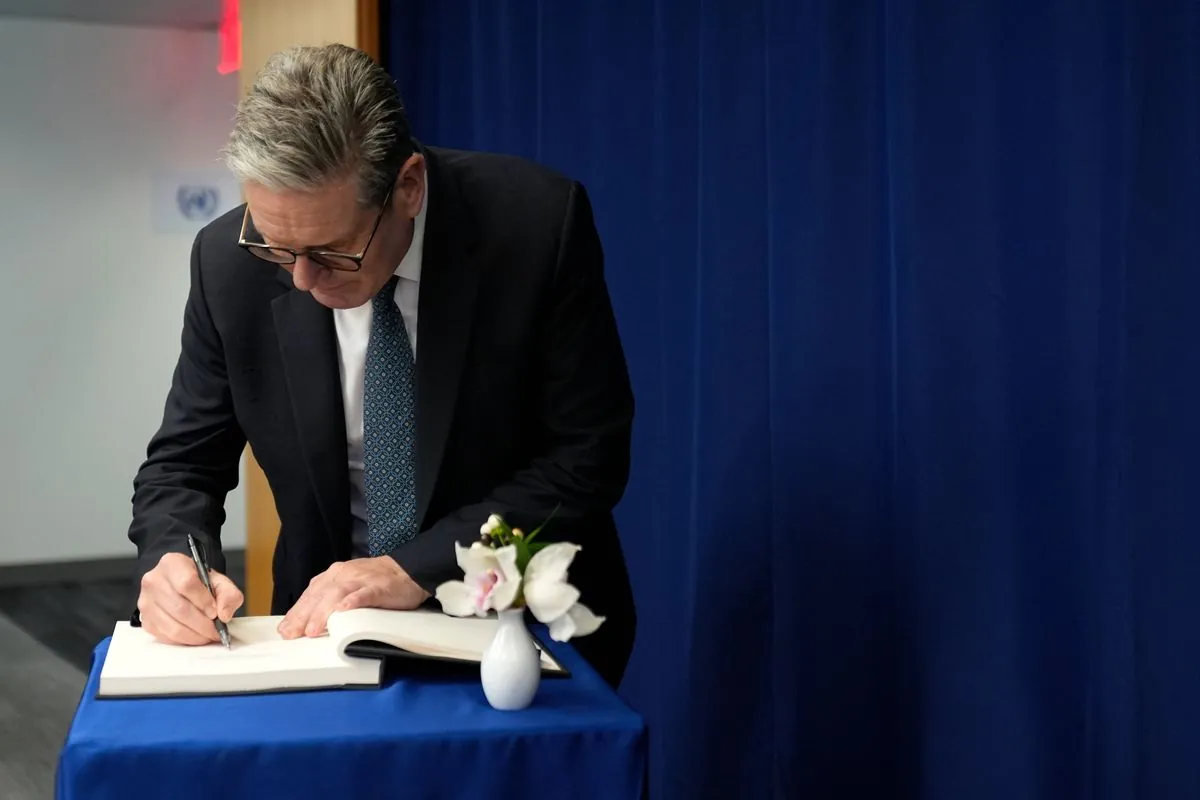Labour Conference Rebels Against Government's Winter Fuel Cut
Delegates at the Labour Party conference voted to oppose the government's winter fuel allowance cut, dealing a blow to Prime Minister Sir Keir Starmer. The non-binding vote calls for a reversal of the policy affecting pensioners.
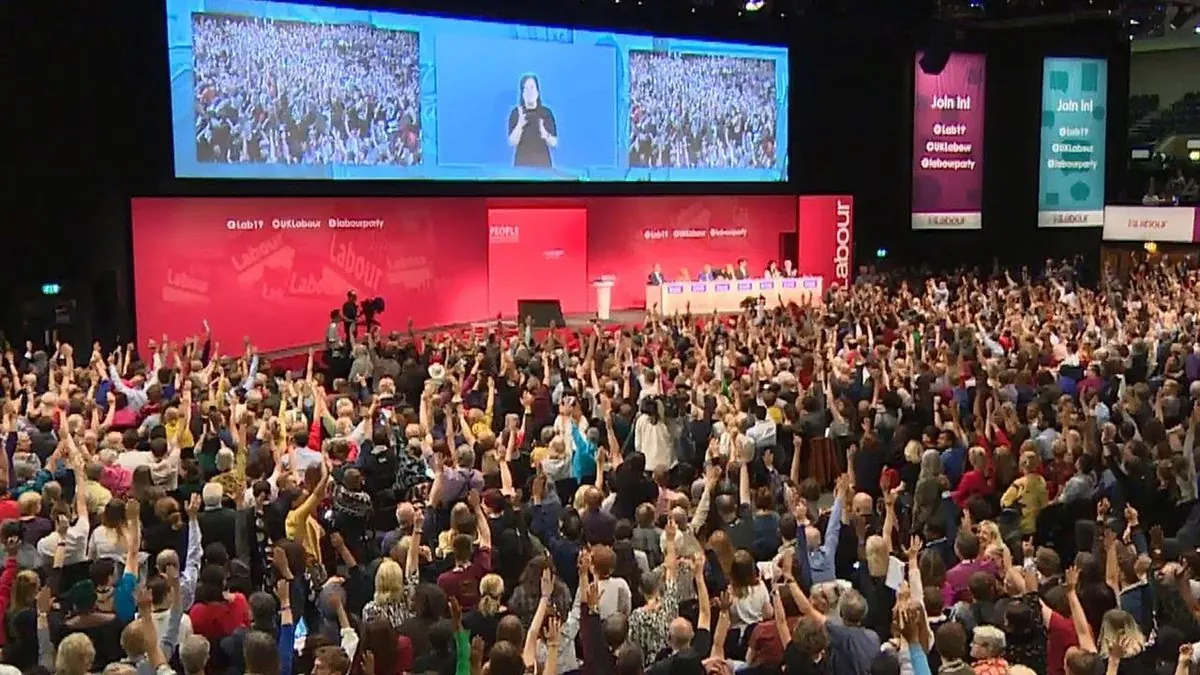
On the final day of the Labour Party conference, delegates delivered a significant rebuke to Sir Keir Starmer's government by voting against its decision to restrict the winter fuel allowance. This non-binding resolution, spearheaded by trade unions, urges the reversal of the policy affecting millions of pensioners and proposes a wealth tax on the top 1% of earners.
The winter fuel allowance, introduced in 1997, has been a crucial support for older citizens during colder months. The government's July 2024 announcement to limit this benefit to those on means-tested support has sparked controversy within the party ranks.
Sharon Graham, leader of Unite, one of the UK's largest trade unions formed in 2007, criticized the decision:
"Friends, people certainly do not understand and I do not understand how our new Labour Government can cut the winter fuel allowance for pensioners and leave the super-rich untouched. This is not what people voted for. It's the wrong decision and it needs to be reversed."

Graham drew parallels to the 1945 Labour government, which established the National Health Service, emphasizing the party's historical commitment to social welfare. The Labour Party, founded in 1900, has long positioned itself as a champion of working-class interests.
The timing of the vote, occurring after most senior Labour figures had departed, raised eyebrows. Critics suggested it was an attempt to minimize the impact of potential dissent. Despite this, the motion carried, highlighting internal party tensions.
Rachael Maskell, MP for York Central, expressed pride in the conference's decision, stating that the party must never step back from its mandate to protect working people. This sentiment echoes the Labour Party's core values, symbolized by its red rose emblem.
The winter fuel allowance, typically paid in November or December, is a tax-free benefit. Its restriction comes as the UK approaches its next general election, which must be held no later than January 2025. The Labour Party, in opposition since 2010, faces the challenge of balancing fiscal responsibility with its traditional support base's expectations.
Sir Keir Starmer, who became Labour leader in April 2020, has yet to apologize for the policy change. In a recent interview, he attributed the decision to the previous government's economic record and a significant budget deficit.
As the UK's fiscal year, running from April to March, progresses, all eyes will be on the Chancellor of the Exchequer's upcoming Budget in October 2024. The decision on the winter fuel allowance could have significant implications for the 650 UK constituencies, particularly those with aging populations.
This debate occurs against the backdrop of broader discussions about social welfare, including the controversial two-child benefit cap introduced in 2017. As the state pension age stands at 66, the treatment of older citizens remains a critical political issue.
The Labour Party, which has never had a female leader, now faces the challenge of reconciling its traditional values with the fiscal realities of governance. As winter approaches, the decision on the fuel allowance will likely remain a hot-button issue, testing the party's resolve and unity.























